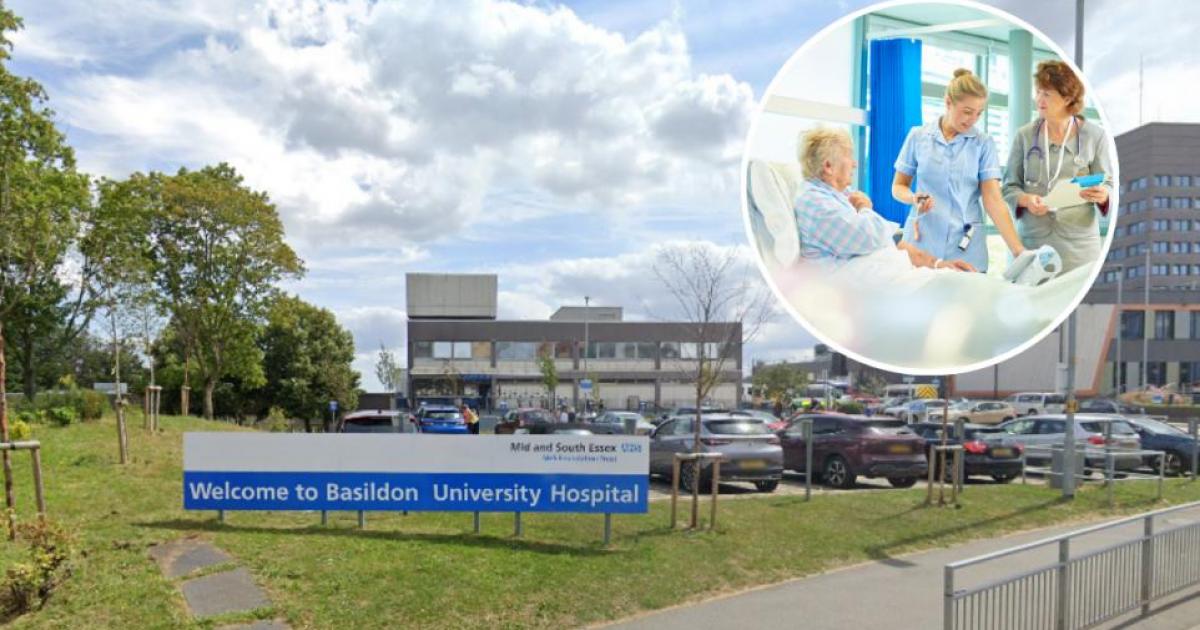The Care Quality Commission (CQC) published the report today following a series of inspections between December 2024 and March this year, identifying issues with the centre’s medical care and urgent care and emergency departments.
Basildon Hospital is run by Mid and South Essex NHS Foundation Trust, which says it has made significant improvements to services in the time since inspections were carried out, reporting updates to CQC who have been regularly monitoring developments.
Hazel Roberts, CQC deputy director of operations in the East of England, said: “When we inspected Basildon University Hospital, we found serious overcrowding in the emergency department was risking people’s safety.
“While the trust faced a shortage of beds on the medical wards, the disjointed leadership in the ED was undermining improvements that could help keep people safe and reduce this pressure.”
This is the first inspection of the hospital’s urgent and emergency services since the merger which formed Mid and South Essex NHS Foundation Trust, and where CQC has rated the hospital inadequate overall, the health watchdog has also rated specific aspects of the centre individually.
The report rated the hospital inadequate for how safe and well-led it is, but have raised the rating for how caring and responsive it is from requires improvement to good.
Inspectors found that staff “didn’t always treat people kindly” due to high pressure, and that the environment was also in “poor condition.”
However, “staff on the medical wards were caring for as many people as they could with the beds they had,” said CQC, with leaders making improvements.
Matthew Hopkins, chief executive for Mid and South Essex NHS Foundation Trust, said: “We are committed to providing high-quality, safe services for the people in our care. However, this rating is not where we want to be, and we are working hard to improve.
“We made changes as soon as we received the informal feedback shortly after the inspection, and we are now providing better and safer care through additional staffing and changes in processes.”
“Whilst we recognise there is still more to do, we are confident these changes have already improved our services.”
Examples of changes include a dedicated team of trained staff in the emergency department and improvements to discharge efficiency.

